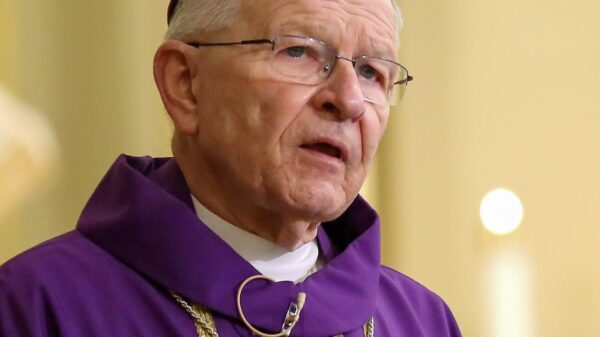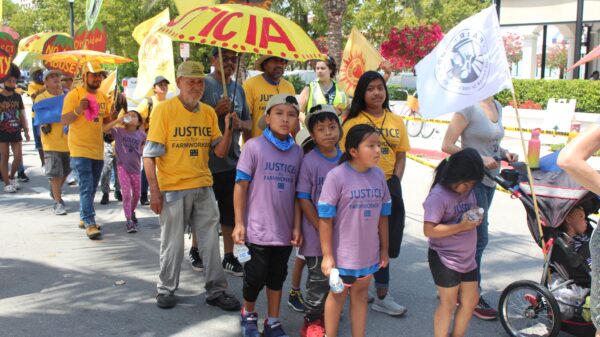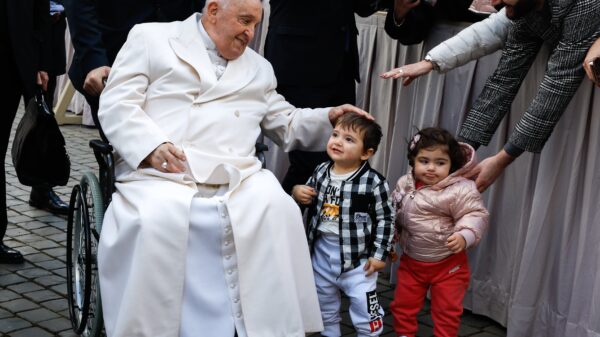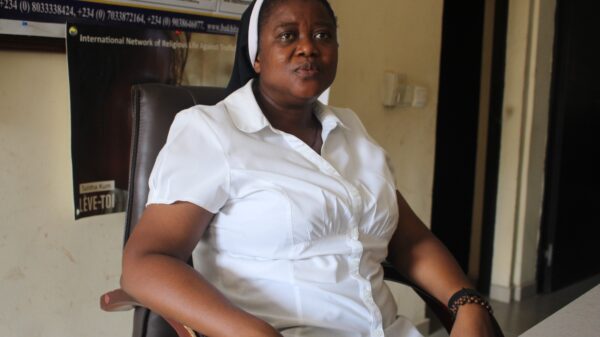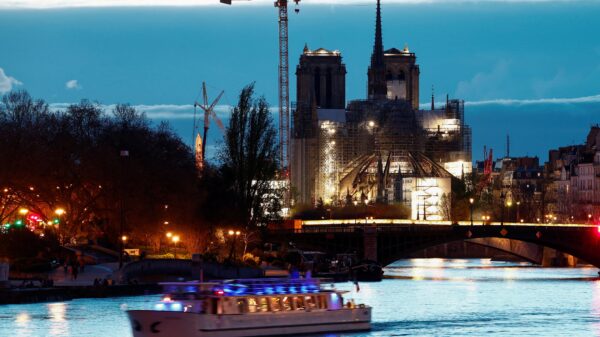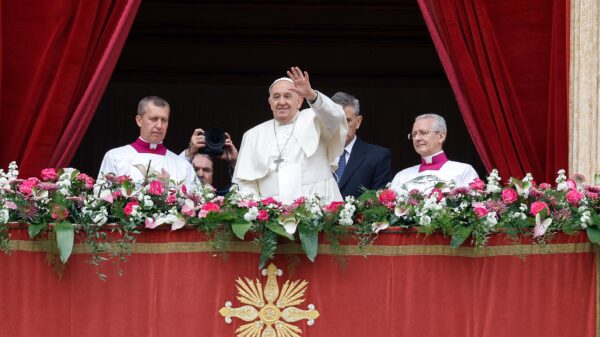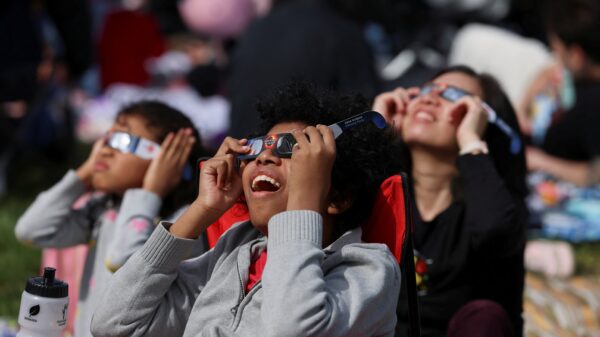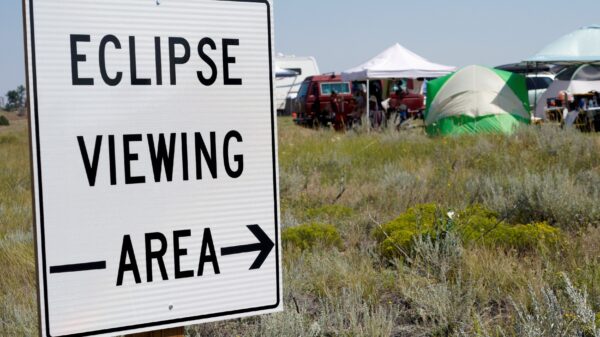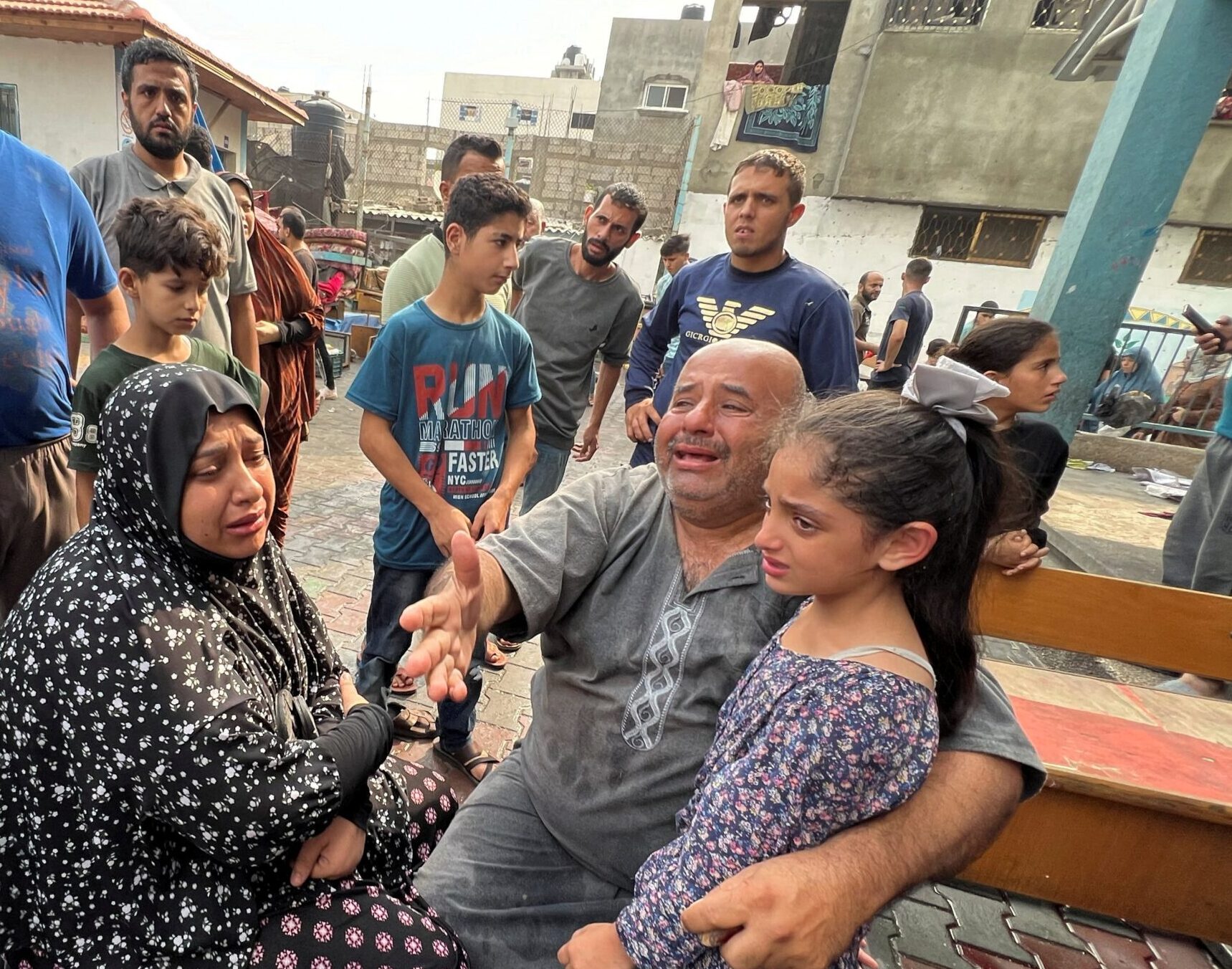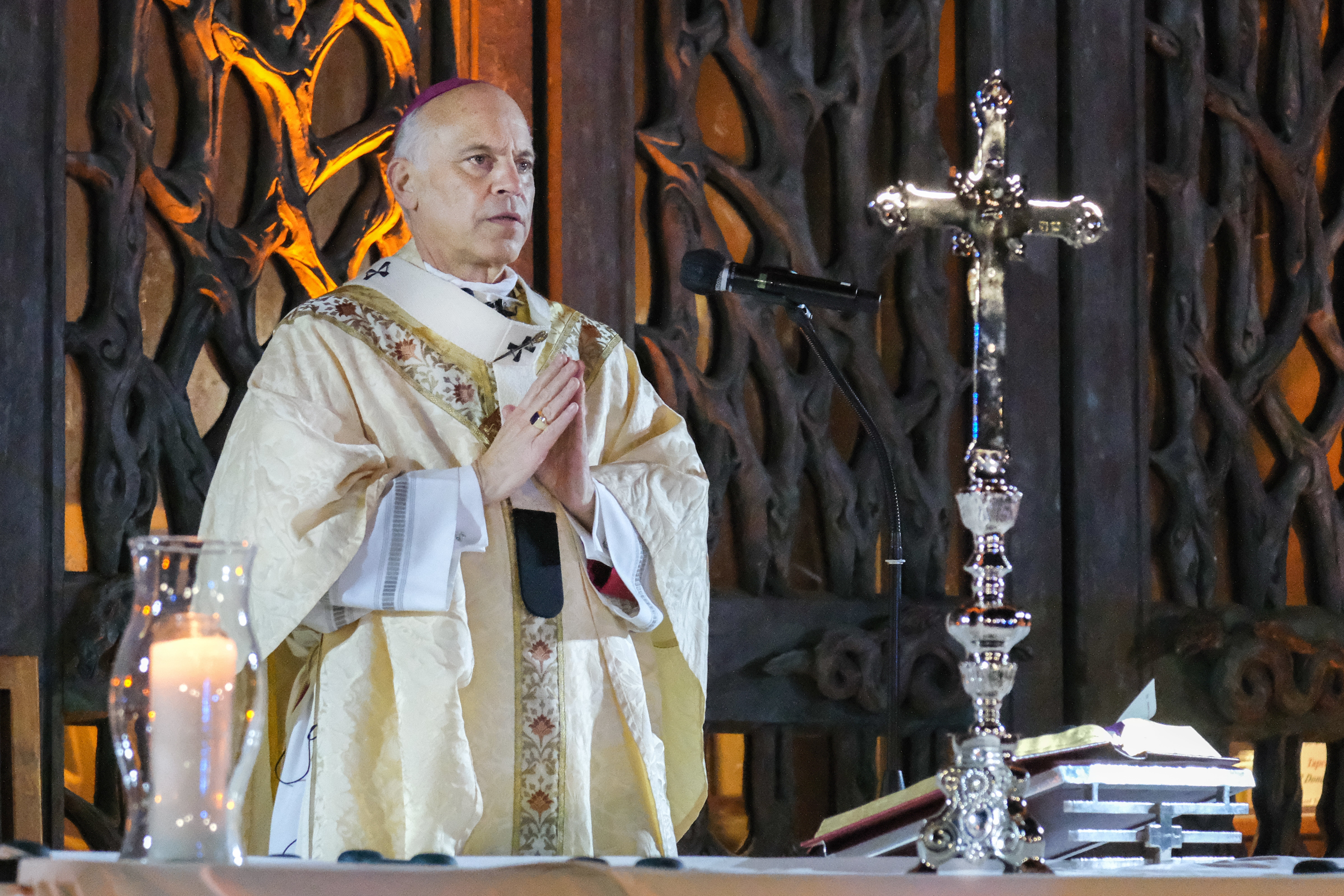By Caroline de Sury
PARIS (OSV News) — It was only six days after he left the Holy Land when Father Jean-Jacques Pérennès learned about the deadly Hamas attack on southern Israel on Oct. 7. For the French Dominican, who until Oct. 1 has been a director of the legendary French biblical and archaeological school — École Biblique et Archéologique Française in Jerusalem, founded in 1890 — the satisfaction of “having been able to carry out my mission at the École Biblique,” was overshadowed by a “profound sorrow at leaving the Holy Land in a dramatic situation.”
Born in 1949, Father Pérennès has traveled the world as a Dominican, and he has lived in countries like Pakistan or Iraq. He spent 30 years in the Muslim world. In Cairo, he ran the Dominican Institute for Oriental Studies.
For Father Pérennès, the human tragedy both in Israel and in Gaza is one thing that is difficult to cope with. The other is the loss of many projects that were running in the region — particularly in Gaza, preserving the Christian legacy — which causes the priest’s “immense grief.”
“We were running a magnificent project to restore the Saint Hilarion monastery in Gaza, a beautiful site which we hoped to see classified by UNESCO *(as a world heritage site),” the priest said, adding that “dozens of young Gazans, boys and girls,” were trained by the biblical school “enthusiastically learning stone-cutting, excavation work, and photogrammetry.”
“It was a prospect for the future for young people who had been confined since birth to a small territory, from which no one could escape,” Father Pérennès said, showing also the scope of current human tragedy of Gazans trapped in 140 square miles territory.
For the Dominican, in the current war between Israel and Hamas, “we are faced with two forces bent to the destruction of the other,” he said, pointing to “Hamas, which has never hidden its refusal of the existence of the State of Israel,” and “Israeli policy, led by a coalition including Likud (Prime Minister’s Benjamin Netanyahu’s party) and the settlers, determined to wage a real war to eradicate Hamas.”
Father Pérennès expressed “sadness but also anger,” as for him, the situation “was partly foreseeable,” he said. The priest added that, in his opinion, the Netanyahu government “has sought to use Hamas to prevent the emergence of a Palestinian political project in capacity to carry forward the project for a genuine state, which has now become impossible.”
“Except, perhaps, for the scale of the massacres and the Israeli security fiasco, it is staggering to realize how predictable this deterioration was. The Netanyahu government’s nationalist and bellicose policy has created the conditions for this worst-case scenario,” the Dominican said.
On Oct. 7, Hamas fighters infiltrated southern Israel, killing 1,400 Israelis in a surprise terrorist attack. More than 200 Israelis are still being held captive in Gaza. The death toll in Gaza has surpassed 10,000 since the beginning of the war as of Nov. 6, including 4,000 children, according to the Palestinian Health Ministry.
A U.N.-run school, serving as a shelter in a refugee camp in the northern Gaza Strip, was struck Nov. 4, according to the U.N. agency assisting Palestinian refugees in Gaza, UNRWA. The strike killed 15 people and injured more than 70, according to the Hamas-controlled Ministry of Health in Gaza.
U.S. Secretary of State Antony Blinken made a surprise visit to the occupied West Bank Nov. 5, where he met Palestinian Authority President Mahmoud Abbas, before traveling to Iraq to meet the country’s prime minister.
Abbas told Blinken that the PA would be open to a return to power in Gaza but only if a “comprehensive political solution” was found to the Israel-Palestine conflict.
Father Pérennès denounced, however, “the lack of courage of the international community.”
“It acted as if a just solution to the Palestine question could be written off,” he said. “It is clear that the continued colonization of the West Bank and East Jerusalem (600,000 Jewish settlers living on occupied Palestinian land according to a 2017 Amnesty International report), the unjustified maintenance of restrictions on freedom in the Palestinian Territories, the immunity of settlers who attack Palestinian Bedouins and Palestinian farmers, the systematic repression — could only increase animosity and lead to more violence,” the dominican said.
“In the last several years, I witnessed many injustices and deprivations of freedom on a daily basis,” he told OSV News.
Once the Abraham Accords, a series of treaties normalizing diplomatic relations between Israel, the United Arab Emirates (UAE), Bahrain, Sudan and Morocco, facilitated by the U.S. Administration, was signed in 2020, Father Pérennès was already talking about “a peace that was slipping away,” expressing skepticism about the treaties.
“They were designed to rebuild ties between Israel and its Arab neighbors, but they in no way involved the Palestinians,” he said. “Israel managed to re-establish economic and sometimes political relations with several Arab countries,” he pointed out, yet in his opinion “this could not contribute to peace, as Israel continued its policy of ethnic cleansing, trying to expropriate as many Palestinians as possible from the Old City of Jerusalem and certain districts of East Jerusalem.”
“The climate was getting much worse, even in the eyes of a grand part of the Israelis: a third of them were considering leaving the country,” he said.
“Today, we cannot see how any negotiations can begin,” Father Pérennès added. “Israel does not even want a humanitarian truce. The massacres perpetrated by Hamas in the Negev (desert) reactivated in the soul of the Jewish people a major trauma engendered by the Shoah and centuries of pogroms,” he said of the Oct. 7 attack that brought back the worst nightmares of the Holocaust in the collective memory of Jews.
“It is not easy to leave people you love when they are in trouble,” Father Pérennès said of leaving the Holy Land right before the war broke out. “Beyond the tens of thousands of victims and the material destruction, a cycle of fear, even hatred of others, has been set in motion for generations,” he said of the situation.
“The difficulty of not getting carried away by emotion, of trying to look for ways forward, is huge,” the priest said of a possible peaceful solution. “From a human point of view, we cannot see how these two peoples will be able to find the possibility of living together peacefully. There have been too many wounds on both sides,” he said.
Caroline de Sury writes for OSV News from Paris.


